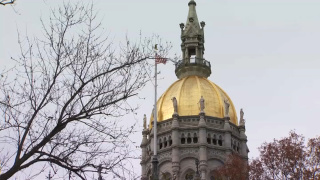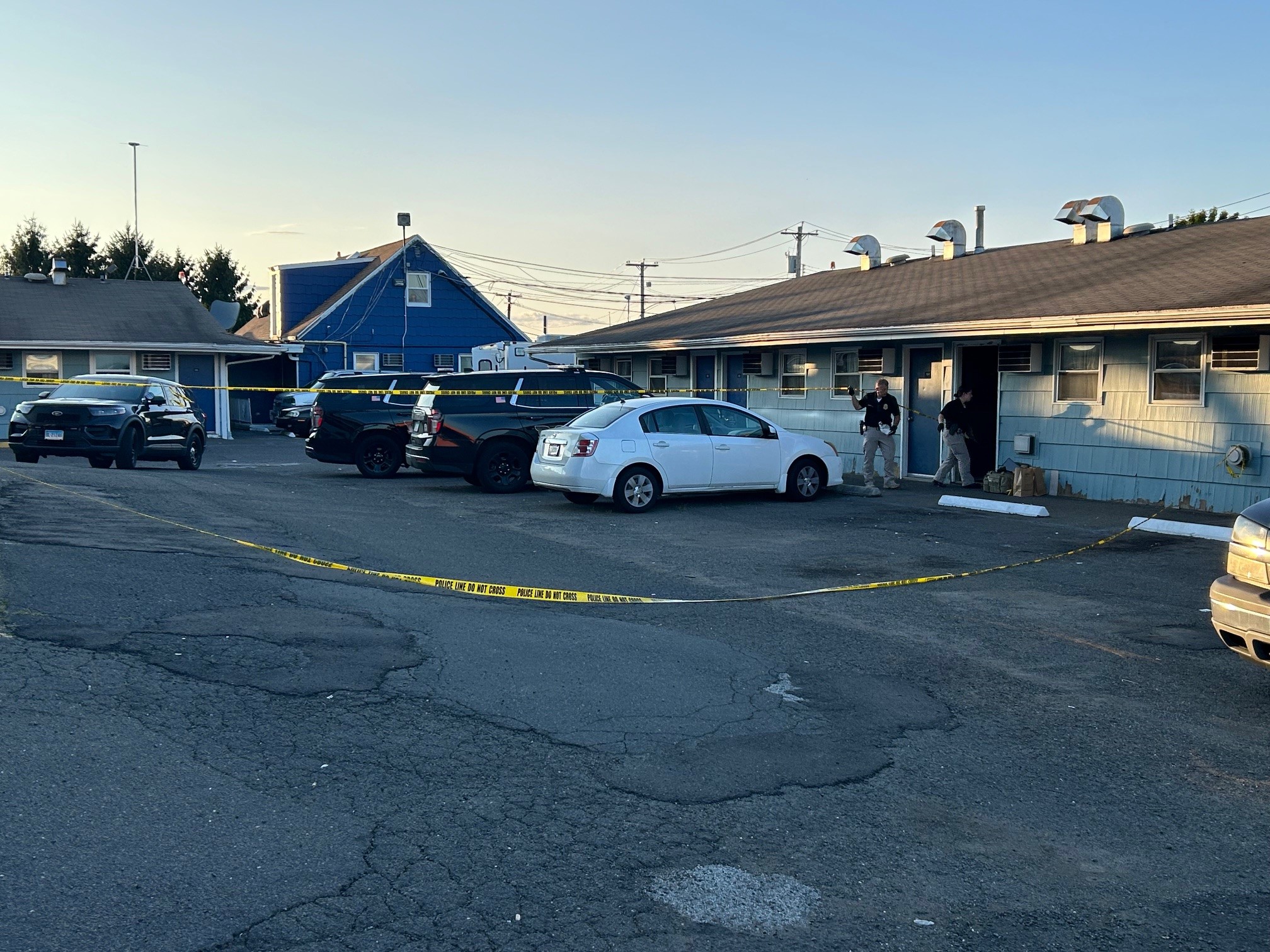
Connecticut state legislators will return to the Capitol on Monday to consider extending the soon-to-expire gas tax holiday and increase funding for state pandemic payments to essential workers, as well as vote on several other initiatives aimed at helping residents cope with rising costs.
Democratic Gov. Ned Lamont, fresh off his reelection victory, issued the first executive order of his second term on Wednesday and called the lame duck General Assembly into special session.
“These actions can help provide more immediate relief for Connecticut residents as consumers across the country are facing rising prices due to a number of international dynamics and market instability that go far beyond our state,” Lamont said in a written statement.
Connecticut’s 25-cent-per-gallon excise tax on gas has been suspended since April 1 and is currently scheduled to resume on Nov. 30. Lamont wants legislators to continue the suspension of the full 25 cents through Dec. 31 before incrementally scaling back the tax relief at five cents per month, beginning Jan. 1.
Get top local stories in Connecticut delivered to you every morning. Sign up for NBC Connecticut's News Headlines newsletter.
Connecticut is one of three states with a gas tax suspension still in effect.
Lamont also wants the Democratic controlled General Assembly to extend free public bus fares, first implemented on April 1, through March 30.
Other actions Lamont wants state lawmakers to take include:
Local
Pandemic Pay
Lamont has proposed increasing funding from $30 million to $90 million for the state’s Premium Pay Program for private-sector essential workers who were employed during the height of the COVID-19 pandemic.
The program was initially expected to provide up to $1,000 to eligible workers. But given the large number of applicants, there’s been concern that workers would end up receiving up to $233.
Energy Assistance
The governor is also asking state legislators to allocate an unspecified amount of additional funding to the state’s heat and utility assistance program for eligible households given anticipated higher energy costs.
Lamont’s order calls on the General Assembly to pass a bill that directs state energy regulators to earmark “a portion of certain fines” to a nonprofit agency engaged in energy assistance programs.
Returnable Bottles
Lawmakers are also being asked to change the Jan. 1 effective date for planned updates to the state’s so-called “Bottle Bill.”
Lamont’s proposal would allow retailers to sell off their existing inventory without being in violation of a portion of the new law which expands the types of covered beverage containers. Bottle deposits, meanwhile, are scheduled to increase from $0.05 to $0.10 beginning Jan. 1, 2024.



